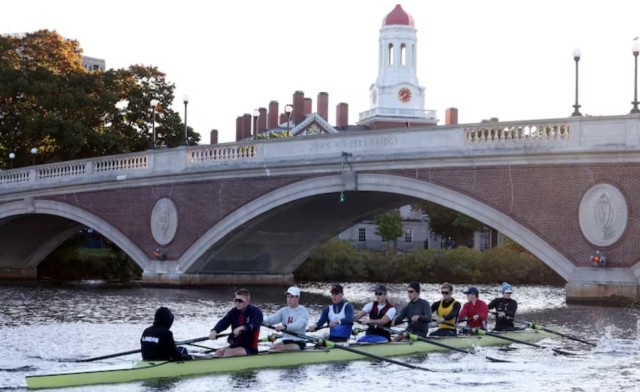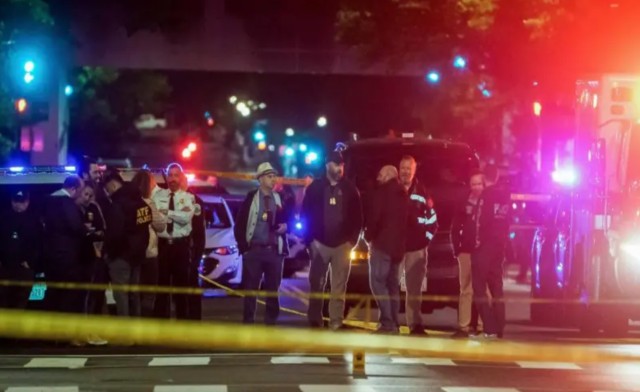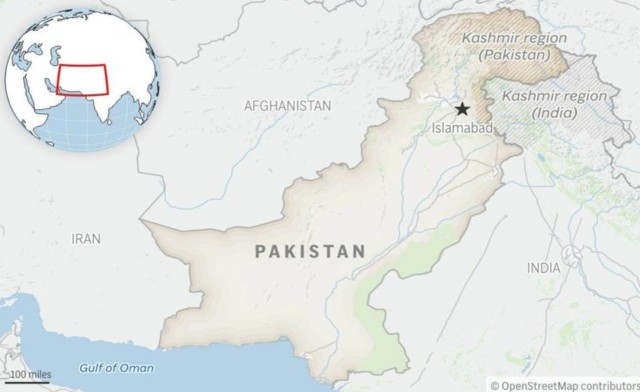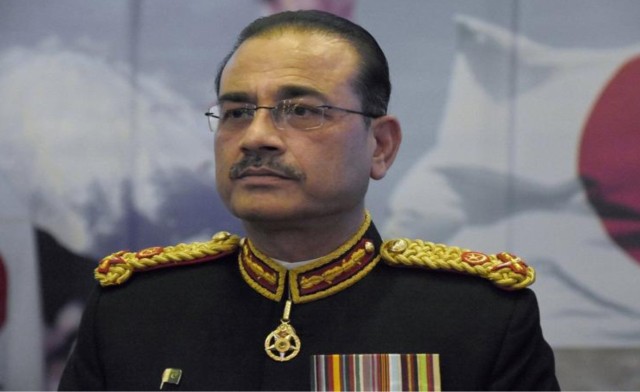
Palestinian workers pack bread in a bakery in Deir Al-Balah in the central Gaza Strip, May 22, 2025
A trickle of humanitarian aid reached Gaza this week—the first in nearly three months. But the United Nations warns it's far from enough.
On Wednesday, over 90 aid trucks entered Gaza, bringing flour, baby food, and essentials to a starving population. The limited delivery is the first since March 2, when Israel halted aid, accusing Hamas of misappropriating supplies.
Not Enough to Meet Dire Needs
UN officials stressed that while the aid is a start, it won't prevent a looming catastrophe. "We're running out of supplies—and time," warned UNICEF head Catherine Russell. Aid groups fear famine if large-scale deliveries aren't resumed quickly.
The UN Office for the Coordination of Humanitarian Affairs (OCHA) said just five community kitchens had resumed operations, while five others shut down due to lack of ingredients. “Today will be crucial,” said UN humanitarian chief Tom Fletcher, hoping for more trucks on Thursday.
Aid Deliveries Interrupted and Looted
Kamel Ajour, owner of a major bakery in Gaza, confirmed flour is finally reaching some bakeries in the south. But desperation is causing chaos. According to Gaza transport head Nahid Shuhaiber, two trucks were hijacked by hungry residents.
Shuhaiber remains cautiously optimistic about more deliveries but admits the situation is volatile. “People are starving. It’s only natural they act in desperation,” he said.
Access Delays and Disputes on Routes
Logistical challenges are compounding the crisis. The Israeli military and aid groups are at odds over safe delivery routes. UN spokesperson Stephane Dujarric criticized the only approved route as "highly congested and insecure."
Delays also stem from restrictions on critical supplies. Hygiene products and fuel remain barred from entry, according to OCHA. This is hampering relief operations and deepening Gaza's public health crisis.
Israel Backs New Aid Plan—UN Says It’s Flawed
Israel recently endorsed a new aid distribution model promoted by U.S. ambassador Mike Huckabee. The plan involves a private group, the Gaza Humanitarian Foundation. But UN officials argue it lacks proper oversight and coordination.
Meanwhile, Israeli military actions are forcing more people into overcrowded zones. OCHA says 80% of Gaza is now under evacuation orders or militarized control. "There's an extreme lack of shelter space," it reported.
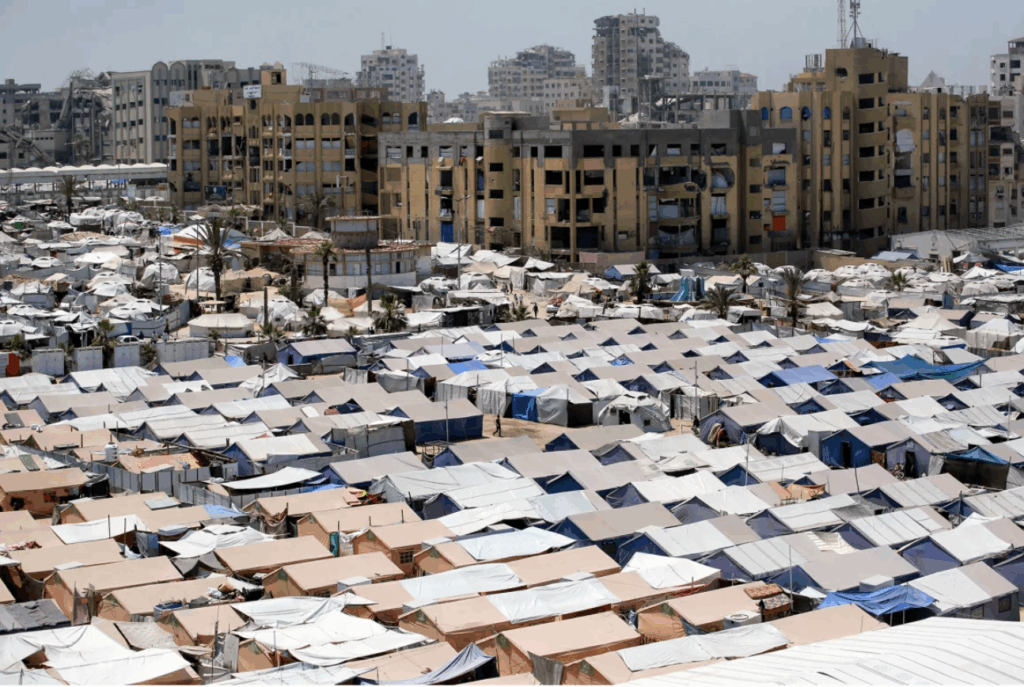
Hospitals Under Fire, Medical Services Collapse
Health services are collapsing under continued bombardment. On Wednesday, a strike hit Al Awda Hospital—the last partially functional one in northern Gaza. Kamal Adwan Hospital has shut down, and the Indonesian Hospital closure has left over 400,000 people without medical access.
Southern Gaza is also suffering. The European Hospital remains closed after a series of Israeli strikes. The International Committee for the Red Cross (ICRC) received a single truck of medical supplies but says recovery will take weeks.
Water Crisis Escalates in Southern Gaza
Clean water is becoming scarce. Gaza City spokesman Asem Alnabih said fuel shortages have crippled water facilities. Displaced civilians have flocked to Al-Mawasi in the south, but the coastal town lacks water infrastructure and depends on trucked water.
"The reduction in fuel supplies has created a major water crisis," Alnabih said. Rising temperatures and swelling refugee numbers are only worsening the problem.
Clock Ticking for Humanitarian Response
Despite the recent deliveries, the humanitarian response remains dangerously inadequate. Aid is flowing again, but far too slowly. The UN and aid agencies are urging immediate, unrestricted access to prevent mass hunger and disease.
As Gaza’s crisis deepens, the world watches. But unless aid moves at the scale required, the worst may still lie ahead.





